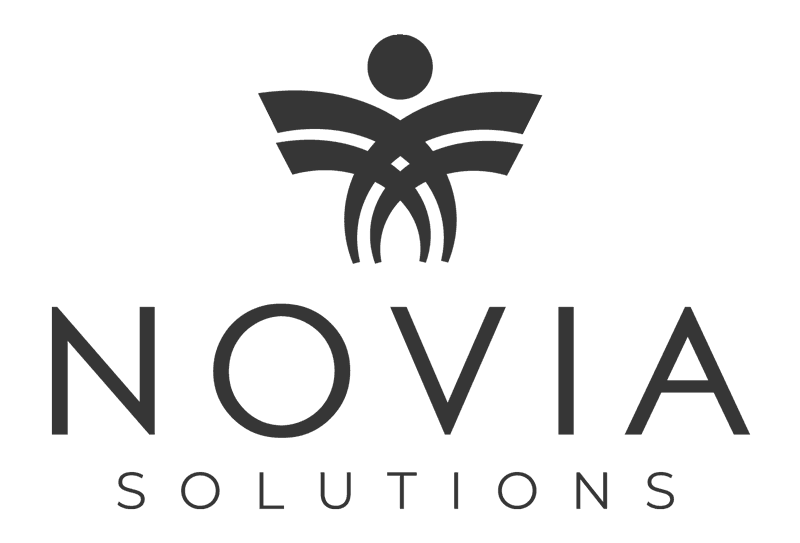As the healthcare landscape continues to shift, hospitals and healthcare organizations are relying more than ever on their management teams and employees to stay the course, which underscores the importance of effective and strategic recruiting. Yet, how can human resource teams anticipate the key hires and skill sets that are needed not only for today, but also for future demands of an ever-changing healthcare industry in 2018 and beyond? While there’s no crystal ball that will reveal exactly where the future of healthcare is going, emerging healthcare recruitment trends can provide insight for senior leadership to better understand how best to prepare for the future by hiring the right talent with the right skills for these uncertain times.
The American College of Healthcare Executives (ACHE) conducted a survey of executive search firms who focus on recruiting healthcare leaders to examine the market forces and influences on hiring trends. The first of its kind to be developed by ACHE, it provides interesting insights into what today’s hospital leaders should be focusing on in their hiring efforts.
Among its findings, the ACHE survey revealed that more than half of respondents believe that senior leadership roles are evolving and identified several trends that are driving this change. The majority of survey respondents noted that the increasing demand for physician leadership is causing this shift. A high number of participants also attributed these changes to a heightened focus on population health. Other influences cited by participants included mergers, acquisitions and consolidation; partnerships and affiliations between organizations; and a growing emphasis on the full care continuum.
The ACHE survey also examined the qualifications and skills that are becoming most valued and sought-after for senior healthcare leadership roles. Change management was regarded as an essential skill most often by participants. Other traits that ranked highly included emotional intelligence, the ability to influence rather than direct, strategic thinking, collaboration, innovative thinking and critical thinking. In addition, the survey identified a range of other skills needed for changing healthcare leadership roles, including adaptability, decision-making ability, being visionary, interpersonal skills, financial management skills and the ability to foster physician relations and engagement.
On the clinical side, an aptitude for using information technology is especially important for clinical staff to possess, considering its infiltration into nearly every aspect of patient care. The widespread usage of electronic medical records and other technology tools can bring greater efficiency and transparency to the patient care setting, which makes a strong competency and comfort level with new technologies essential.
Clinical roles within healthcare organizations are in flux as well, according to a PricewaterhouseCooper’s Health Research Institute report examining the healthcare staffing shortage. It found that the lines between physician and nursing roles are blurring within primary care. In fact, three-fourths of hospital executives report utilizing an increasing number of physician extenders, such as physician assistants and nurse practitioners. More than half indicated that they plan to use them in their future staffing models.
The growing desire for work-life balance among physicians and nurses is also seen to be an important trend and essential for hospital leadership to consider as part of any successful recruitment and retention efforts. According to the PWC report, medical students cite work-life balance as a major influence on the specialty that they choose. Furthermore, nurses regard schedules and culture as the most significant factors affecting their job satisfaction.
Across the board, human resource professionals are increasingly challenged by the shortage of clinical talent and a shrinking pool of leadership candidates. To address this, many healthcare organizations are fostering public-private partnerships with key stakeholders such as government entities, educational institutions and the business community to recruit and tap into new pools of talent.
As hospitals and healthcare organizations face an uncertain future on many fronts, they can and should continue to strategically staff up their senior leadership and clinical workforces to handle whatever may come. With the insight from new trends on the horizon as well as the resources and expertise offered by knowledgeable professionals, these recruitment efforts can produce strong teams prepared to take on the future of healthcare.
Sources:
What Healthcare Leaders Should Know About Recruiting Senior Executives: Lessons from Executive Search Firms, American College of Healthcare Executives
What Works* Healing the healthcare staffing shortage, PricewaterhouseCoopers’ Health Research Institute

Recruitment Trends to Guide Your Efforts in 2018
SHARE THIS POST

Get relevant articles on topics that are meaningful for your day-to-day practice, your career, or your job search delivered right to your inbox. We offer articles and insights on topics such as Leadership, Career Development, Nurse Burnout, Healthcare Quality, Healthcare Technology, and Healthcare Trends. Sign up today and see how our Insights can help you stay current on the latest news and information in healthcare.
